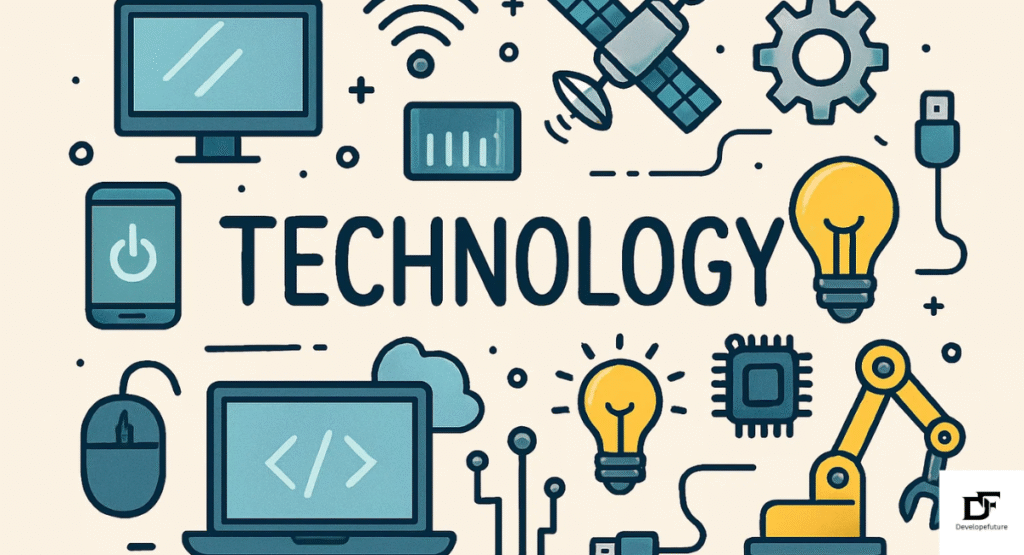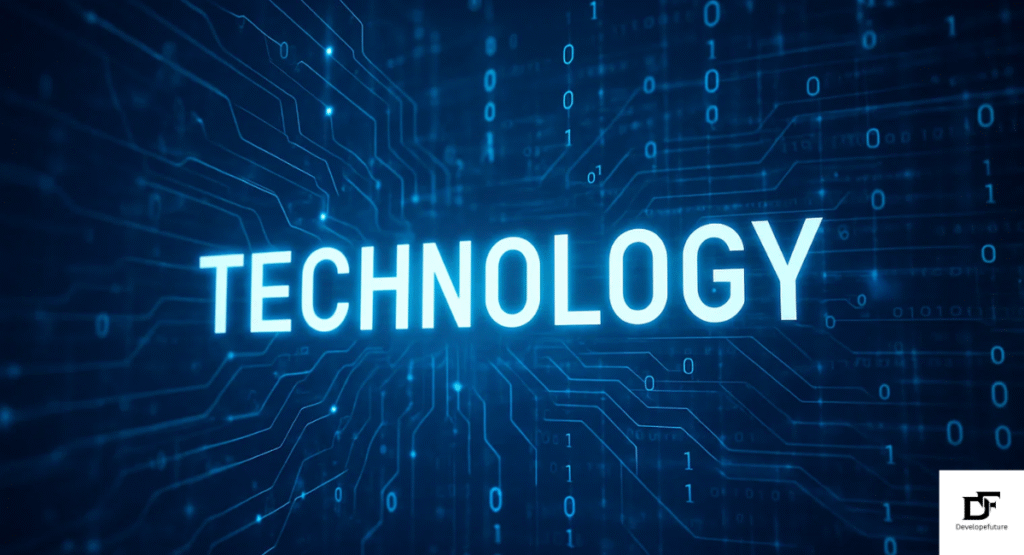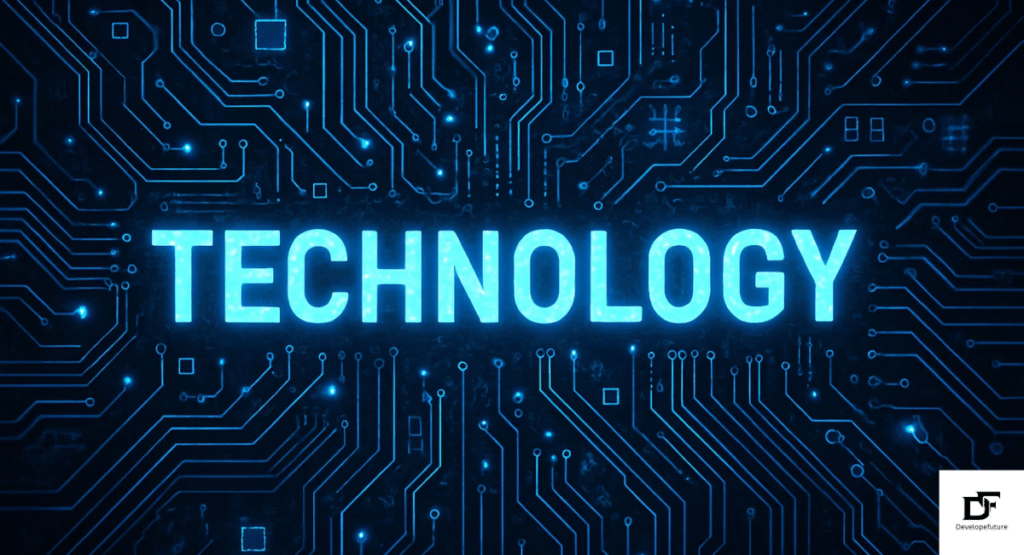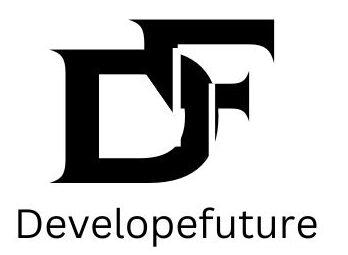Technology is the backbone of modern civilization. From smartphones to artificial intelligence, it has reshaped how we live, work, and think. The development of new tools, systems, and applications continues to drive progress in every sector of society.
At its core, technology refers to the use of scientific knowledge for practical purposes. This broad term encompasses everything from ancient inventions. From the wheel to cutting-edge advancements, such as quantum computing. Understanding what technology is enables us. To navigate the ever-evolving digital world more effectively.
Here we will explore various aspects of technology, from its definition and history to its types, impact, and future. Whether you’re a student, a professional, or simply curious, this comprehensive guide will help you grasp what technology truly means. The growing influence of digital tools and innovations emphasises the importance of keeping up. As we understand, the core of technological development becomes essential for adapting to the future.
Table of Contents
What Is Technology?
Technology can be defined as the application of scientific knowledge to solve problems and simplify tasks. It encompasses a wide range of tools, systems, machines, and processes. That humans develop to enhance efficiency and innovation. Whether it’s a software application or a mechanical device, it plays a crucial role in modern life.
It refers to the collective techniques, skills, and methods used in a particular field. And processes used in the production of goods or services. It is not limited to electronics or gadgets. Agriculture, construction, and healthcare also rely on various forms of technology. Understanding what it is requires a look beyond devices, into the systems and thinking that create them. The evolution of technology is ongoing, responding to societal needs and scientific advancements. It represents the fusion of creativity and knowledge to shape the modern world.

History of Technology
The history of technology dates back to prehistoric times. Early humans created simple tools. Such as spears and hammers, marking the beginning of technological evolution. These primitive tools enabled them to hunt, cook, and construct shelters. It is laying the foundation for more complex developments.
As civilizations advanced, so did their inventions. The discovery of the wheel, the printing press, electricity, and the internet. It marked significant milestones in its development. Each breakthrough opened doors to new possibilities. It changed the course of human history. Its historical progression reveals humanity’s drive to improve and innovate. Through centuries of trial and error, we have built the infrastructure that powers today’s world.
Types of Technology
It comes in many forms, each designed for specific applications. IT, for instance, focuses on the storage, processing, and transmission of data. Mechanical technology includes engines, tools, and machines used in manufacturing and transportation.
Other types include medical technology, such as diagnostic equipment and surgical tools, as well as agricultural. This enhances food production and sustainability, as well as emerging fields like in bio-nano is pushing the boundaries of what it can achieve. Each type of technology addresses unique challenges and enhances specific areas of life. Understanding their differences is key to appreciating how they contribute to societal growth.
How It Impacts Our Lives
The impact of it on daily life is profound. It has improved communication. Through smartphones and the internet, enabling people to connect globally within seconds. Education, healthcare, and commerce have also undergone significant transformations. It offers increased accessibility and efficiency.
It enhances productivity through automation and software solutions. It helps reduce human error, saves time, and boosts output. But it also presents challenges like job displacement and digital addiction. From entertainment to transportation, it has a profound influence on every aspect of our lives. Recognising its impact helps us make better decisions about its use.

The Future of Technology
Looking ahead, it promises even more transformative changes. Artificial intelligence (AI), robotics, and quantum computing are set to revolutionize industries and lifestyles. These innovations will redefine what technology is and what it can do.
Sustainability is also becoming a key focus. Green technologies, such as solar panels and electric vehicles, aim to reduce environmental impact. This shift signals a move toward responsible innovation—a deeper understanding of its long-term role. As future developments unfold, ethical and practical considerations will shape how new it is adopted. Its future of it lies in its capacity to adapt and serve humanity responsibly.
The Role in Education
It has revolutionized education by making learning more accessible and flexible. Online learning platforms, virtual classrooms, and educational apps enable students to access knowledge from anywhere, allowing them to learn at their own pace and on their schedule. Teachers now integrate multimedia tools to engage students more effectively.
Digital tools support interactive learning experiences, promote collaboration, and personalize instruction. They allow learners to move at their own pace and revisit materials as needed. Understanding what it is helps educators install it wisely to improve learning outcomes. It also supports special education, making learning inclusive and tailored to different needs.

Its Role in Healthcare
In healthcare, it has led to breakthroughs in diagnostics, treatment, and patient care. Tools such as MRI machines, robotic surgeries, and health monitoring devices have transformed the way conditions are diagnosed and treated. Telemedicine has also made healthcare more accessible.
Medical apps and AI-driven platforms support doctors in making faster and more accurate decisions from electronic health records to wearable fitness trackers. It is improving both preventive care and recovery processes. This shows the vital role of technology in saving lives. It also supports remote care in rural or underserved areas, bridging critical service gaps.
Role in Communication
It has entirely reshaped how we communicate. Emails, messaging apps, and video calls have replaced traditional mail and long-distance phone calls. Social media platforms enable instant sharing of information—a real-time interaction across the globe.
Communication is now faster, more efficient, and more visual. Thanks to high-speed internet and the widespread use of smart devices. Even businesses and governments use digital platforms for announcements, customer service, and virtual meetings. This shift highlights what technology is capable of in connecting people. As digital communication evolves, so does the way we express and perceive information.
Ethical Concerns in it
While it offers countless benefits, it also raises grave ethical concerns. Issues such as data privacy, cybersecurity, and surveillance pose challenges to striking a balance between innovation and personal rights. As AI and machine learning evolve, concerns about job displacement and algorithmic bias intensify.
Moreover, the digital divide continues to limit access to it for underprivileged communities. This inequality can exacerbate social gaps if left unaddressed. Understanding what it is includes being aware of its moral and societal implications. Public policy, corporate responsibility, and education all play a role in addressing these concerns.
FAQ’s
What is the simplest definition of it?
Technology is the application of scientific knowledge. It creates tools and systems that solve problems or enhance daily l
Why it is important in our lives?
Technology improves efficiency, communication, education, healthcare, and many other aspects of life. It makes daily tasks faster and more effective.
What are the main types of it?
The main types include information, mechanical, medical, and agricultural. It is emerging fields like biotechnology and nanotechnology.
How does technology affect society?
It influences behavior, culture, economy, and even ethics, bringing both progress and challenges. New challenges, such as privacy concerns and job automation, are emerging.
What might the future of technology look like?
Future technology may include AI integration, intelligent environments, green innovations, and advanced healthcare systems. These are changing how we live and interact with one another.
Conclusion
Technology is a dynamic force that continuously reshapes our world. It influences everything from how we communicate to how we heal. And produce goods—grasping what technology is means recognising its scope, evolution, and impact on human life.
By exploring its history, types, and future, we gain a deeper appreciation of how technology functions as both a tool and a transformative agent. While it brings immense benefits, it also poses challenges that must be thoughtfully addressed.
As we look forward, it is essential to stay informed about the latest technology. It will empower us to make responsible choices, embrace innovation, and contribute to a better future. With knowledge and awareness, we can guide the course of technological change toward positive outcomes.

